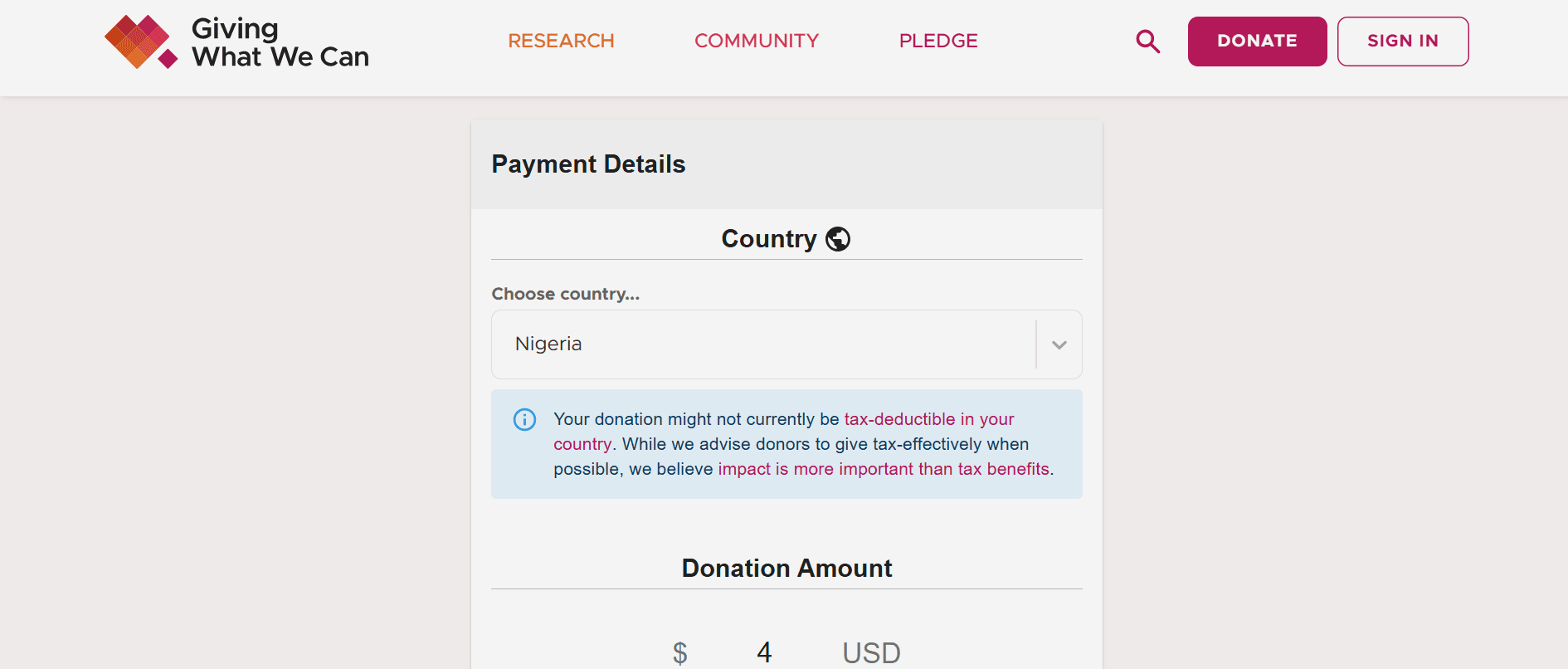Hello! It’s me, a small-scale part-time EA community builder. I read The Life You Can Save in 2009 and figured that in addition to being a vegan and a social worker, I should donate 10%-plus of my income to highly effective causes. Then I connected with my local effective altruism community in 2016 and figured that I should also spend a not-insignificant portion of my waking hours encouraging and connecting other people who want to make the world a better place.
I am cheerful. I work hard. I volunteer at EAGs. I show up for the people around me.
Why? Because I think it’s the right thing to do.
But folks, I am TIRED.
I am tired of having a few people put on pedestals because they are very smart - or very good at self-promotion. I am tired of listening to arguments about who can have the think-iest thoughts. I am tired of drama, scandals, and PR. I am tired of being in a position where I have to apologize for sexism, racism, and other toxic ideologies within this movement. I am tired of convening calls with other community builders where we try to figure out how to best react to the latest Thing That Happened. I am tired of billionaires. And I am really, really tired of seeing people publicly defend bad behavior as good epistemics.
I’m just here because I want the world to be a better, kinder, softer place. I know I’m not the only one. I’m not quitting. But I am tired.
Maybe you are tired, too.




Thanks for your thoughts here.